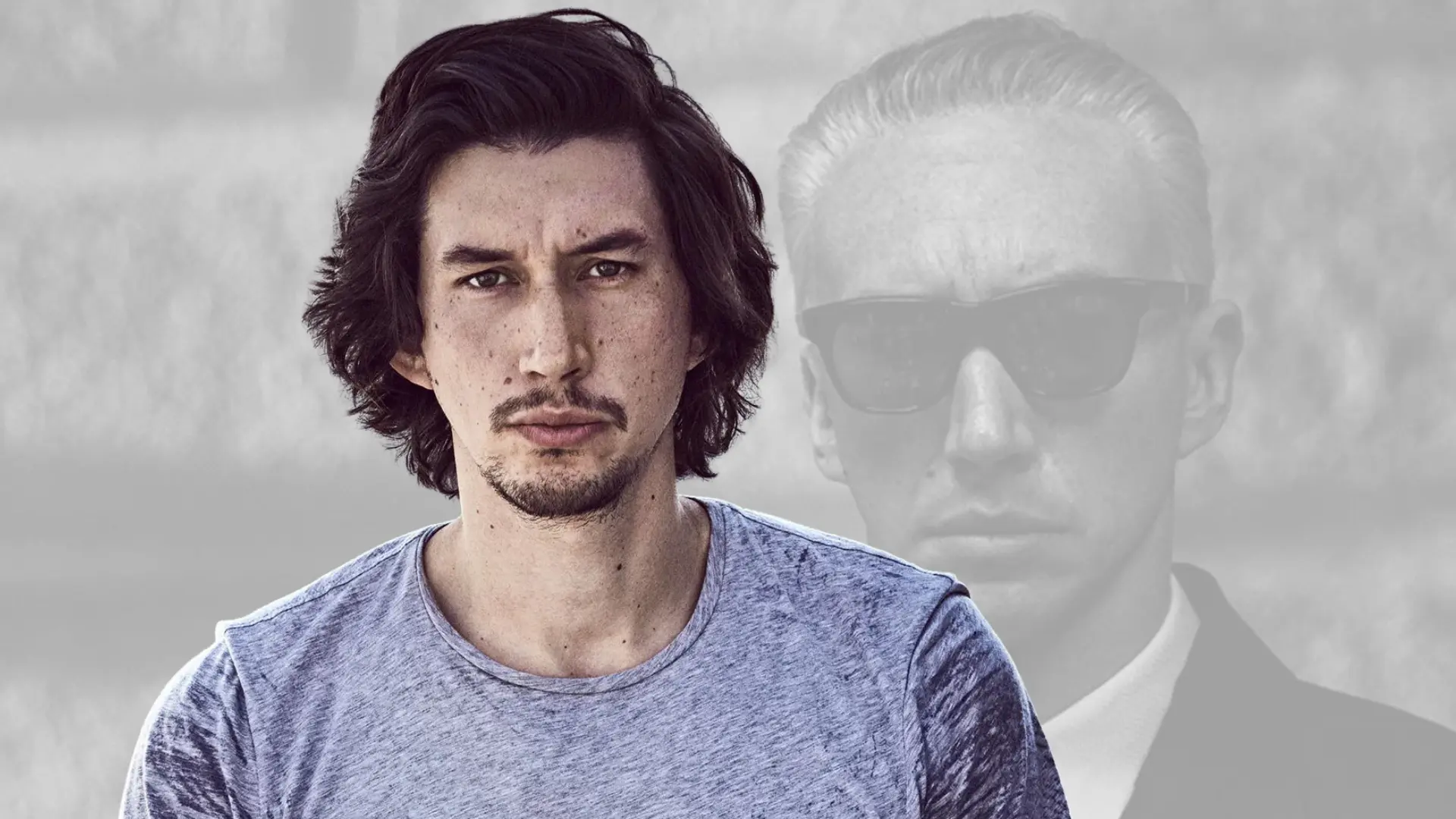The Supreme Court on Friday, August 23, postponed the hearing of Delhi Chief Minister Arvind Kejriwal’s petitions challenging his arrest and seeking bail in connection with the alleged Delhi Liquor Policy scam. The deferral comes after the Central Bureau of Investigation (CBI) requested additional time to file a counter-affidavit.
A bench comprising Justices Surya Kant and Ujjal Bhuyan rescheduled the hearing for September 5. During the initial proceedings, Additional Solicitor General SV Raju requested time to file a counter-affidavit for one of Kejriwal’s petitions, noting that a counter-affidavit for the other petition had already been submitted. Representing Kejriwal, Senior Advocate Dr. Abhishek Manu Singhvi argued that the CBI’s counter-affidavit was filed at 8 PM the previous night, suggesting this timing was intended to prevent the affidavit from reaching the bench in time.
The bench granted the CBI additional time to submit the counter-affidavit and allowed Kejriwal to file a rejoinder if necessary, setting the next hearing date for September 5.
Kejriwal’s latest appeal to the Supreme Court, filed through Advocate-on-Record Vivek Jain, contests the Delhi High Court’s decision from August 5, which dismissed his plea against the CBI’s arrest while allowing him to seek bail from the trial court.
MUST READ: Kyiv Welcomes Indian Prime Minister Narendra Modi: A New Chapter In Bilateral Ties
Kejriwal was formally arrested by the CBI on June 26, 2024, while already in custody under the Enforcement Directorate (ED) in a related money laundering investigation stemming from the alleged liquor policy scam. On July 12, the Supreme Court granted Kejriwal interim bail in the money laundering case and referred his challenge to the ED’s arrest to a larger bench. However, he remained in judicial custody due to the CBI’s arrest.
Following his CBI arrest, Kejriwal sought relief from the Delhi High Court. On August 5, Justice Neena Bansal Krishna dismissed his challenge to the CBI arrest but granted him the option to seek bail from the trial court. Dissatisfied with the High Court’s decision, Kejriwal appealed to the Supreme Court.
During an earlier hearing on August 14, the Supreme Court issued a notice regarding Kejriwal’s plea but clarified that it was not granting interim bail. Singhvi highlighted that Kejriwal had been granted interim bail three times in the money laundering case under the stringent provisions of Section 45 of the Prevention of Money Laundering Act (PMLA). He questioned why regular bail was being denied in the CBI case, where the Prevention of Corruption Act does not impose similarly strict conditions.
Singhvi described the CBI’s arrest of Kejriwal as an “insurance arrest,” made on June 26, just before his expected release in the ED case.
In related developments, former Delhi Deputy Chief Minister Manish Sisodia, also a co-accused in the liquor policy case, was recently granted bail by the Supreme Court. The Court considered his prolonged pre-trial detention of around 18 months and delays in the trial, granting him bail in both the CBI and ED cases, noting that he had been denied his right to a speedy trial.
















